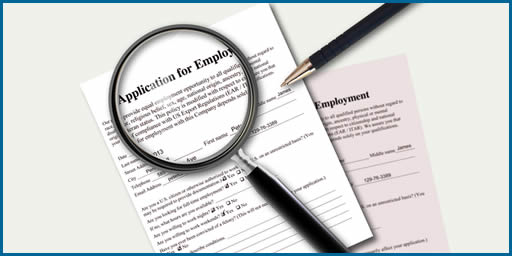
Background checks are par for the course among full-time employers, but an increasing number of part-time employers are also following suit. The result is a greater number of high school employees being asked to satisfy background screening requirements, with many of these young workers not even having reached the age of eighteen. Although records for young offenders are often sealed, juvenile background checks have a way of revealing details indicative of whether a particular teen could be a risk to take on. Equipped with this information, employers must determine whether juvenile applicants who fail to pass obligatory juvenile background checks are worth the risk they pose.
Why Screen for Juvenile Background Checks
When making hiring decisions, some employers are quick to give younger applicants the benefit of the doubt, with many failing to even bother with a criminal background search for teenage prospects. These employers believe that they can learn everything they need through the interview process or, perhaps, by checking a few references. While both approaches are excellent for determining whether an applicant has a future with the company for which they have applied, this may not be enough to determine whether a young applicant could pose a risk if hired. With teens, as with all other applicants, background screening can remove some doubt.
Even trusting employers find themselves performing background screening on adolescent applicants simply because they believe that it is fair to all of the other employees. If one applicant must pass a background screening in order to be hired, it is only fair to ask the same of the others, regardless of age.
What To Do If A Teenage Applicant Fails A Juvenile Background Checks Screening
Failed juvenile background checks are of major concern for any employer, as this most likely indicates that the applicant has committed a crime within the last year or two. Can the prospective employee be trusted to have changed his or her ways since then? It is important to follow through and ask the employee for an explanation, as well as proof of completed community service hours. Some leniency is to be expected, as teenagers are prone to mistakes. Through the criminal background follow-up process, worried employers can determine whether potentially problematic adolescent applicants are likely to make similar mistakes while on the job.
Disclaimer Statement: All information presented is never intended as legal advice and is for information purposes only.






